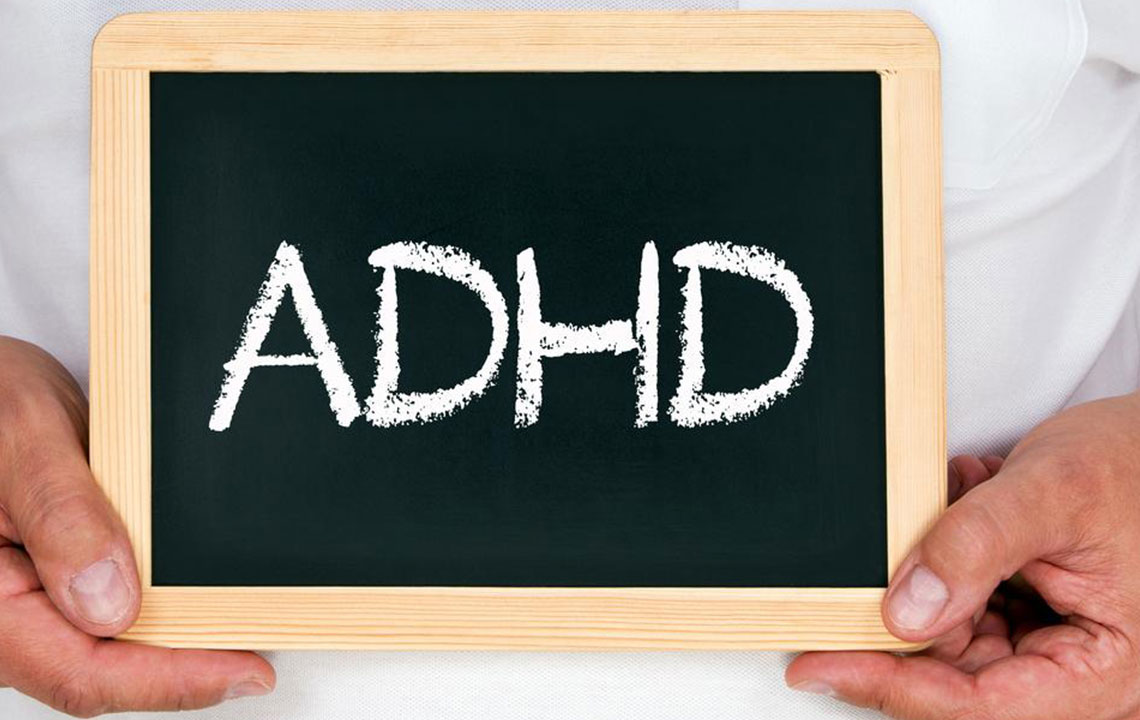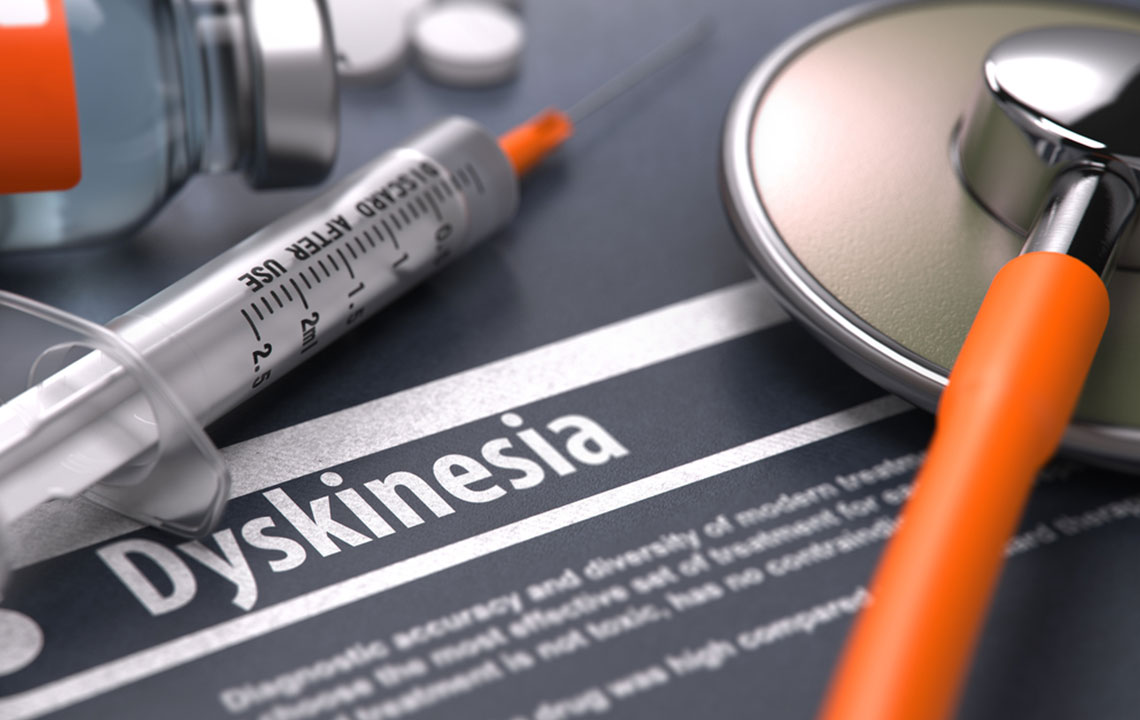Understanding Adult ADHD: 12 Critical Signs You Should Recognize
This comprehensive article explores 12 key signs of adult ADHD, including hyperfocus, organizational challenges, emotional instability, and relationship issues. Recognizing these symptoms early allows for timely diagnosis and effective management strategies. The article emphasizes the importance of awareness and professional support in improving the quality of life for adults affected by ADHD. With detailed insights and practical tips, it aims to empower individuals to seek help and lead balanced, successful lives.

Attention Deficit Hyperactivity Disorder (ADHD) is a complex neurological condition that affects millions of adults worldwide. Often misunderstood or overlooked, adult ADHD can have far-reaching impacts on various aspects of daily life, including work performance, personal relationships, and emotional well-being. Recognizing the early signs of adult ADHD is crucial for effective management and improving quality of life. This comprehensive guide explores twelve essential indicators that can help you identify the presence of ADHD in adults and encourages proactive steps to seek proper diagnosis and treatment.
Adult ADHD often manifests subtly, leading many individuals to remain unaware they are affected. Unlike childhood ADHD, where hyperactivity might be more apparent, adult symptoms tend to revolve around internal struggles with attention, organization, and emotional regulation. This can result in difficulties maintaining focus during work, managing daily responsibilities, and sustaining healthy relationships. The following twelve signs serve as vital clues that may indicate an underlying ADHD condition, enabling individuals and healthcare providers to take appropriate steps toward diagnosis and intervention.
1. Hyperfocus on Tasks or Interests
One notable sign of adult ADHD is hyperfocus, where an individual becomes intensely absorbed in specific activities or interests. While focusing is generally considered positive, hyperfocus can lead to neglecting other responsibilities or missing deadlines. This deep concentration often occurs on tasks that are highly stimulating or engaging, making it challenging to shift attention when needed. Recognizing this intense concentration tendency can help distinguish ADHD from other conditions and guide individuals to manage time effectively.
2. Persistent Attention Difficulties
Many adults with ADHD struggle to maintain sustained attention, especially during routine or monotonous tasks. They may find their minds wandering, losing track of conversations, or feeling easily distracted by external stimuli. This difficulty in staying focused can impact work performance, household chores, and even casual conversations, often leading to frustration and feelings of inadequacy.
3. Chronic Disorganization and Clutter
Disorganization is a common sign of adult ADHD, characterized by messy living spaces, misplaced items, and difficulty prioritizing tasks. Adults may frequently forget appointments, lose important documents, or procrastinate on essential chores. This ongoing struggle with organization can cause stress, missed opportunities, and lower self-esteem. Recognizing disorganization as a symptom helps in developing strategies such as planners, reminders, and decluttering techniques that can aid in regaining control.
4. Poor Time Management and Procrastination
Difficulty estimating how long tasks take or prioritizing competing demands often leads to procrastination among adults with ADHD. They may regularly underestimate the time needed for tasks, resulting in last-minute rushes or missed deadlines. This challenge impacts professional and personal life, contributing to stress and feelings of failure. Implementing time management tools and routines can mitigate these issues significantly.
5. Forgetfulness and Frequent Memory Lapses
Forgetfulness is a hallmark of adult ADHD, appearing as missed appointments, forgotten commitments, and misplaced belongings. Even with good intentions, individuals might struggle to remember important dates or tasks, leading to complications in relationships and work situations. Building systems such as calendars, alarms, and checklists can reduce forgetfulness and improve memory retention.
6. Emotional Instability and Impulsiveness
Many adults with ADHD experience rapid mood swings, irritability, and impulsive decisions. They might react sharply to minor frustrations or struggle to regulate emotions effectively, which can strain personal and professional relationships. Recognizing emotional triggers and practicing mindfulness or counseling can help manage these emotional responses.
7. Low Self-Esteem and Feelings of Inadequacy
Chronic difficulties with attention and organization often lead to feelings of inadequacy, low self-confidence, and frustration. Adults with untreated ADHD may internalize their struggles, believing they are lazy or incompetent. Addressing these emotional aspects through therapy and support groups is vital for rebuilding self-esteem and fostering a positive outlook.
8. Reduced Motivation and Initiation Difficulties
Adult ADHD can sap motivation, making it hard to start or complete tasks. This lack of drive may manifest as procrastination or avoidance behaviors, often resulting in unfinished projects and unmet goals. Developing structured routines and setting achievable goals can help combat motivation issues.
9. Restlessness and Physical Fidgeting
Even in adulthood, signs of inner restlessness can appear as constant fidgeting, tapping, or pacing. This physical agitation is linked to difficulty relaxing or feeling a sense of calm. Recognizing this restlessness is important, as it often correlates with other ADHD symptoms and can be managed through exercise, relaxation techniques, or behavioral therapy.
10. Fatigue and Sleep Difficulties
Counterintuitive as it may seem, many adults with ADHD experience fatigue despite feeling restless during the day. Sleep disturbances, including trouble falling asleep or waking frequently during the night, are common. Improving sleep hygiene and addressing underlying ADHD symptoms can restore energy levels and improve overall health.
11. Relationship Challenges
Difficulty maintaining healthy relationships is frequently reported among adults with ADHD. Impulsivity, inattentiveness, and emotional swings can lead to misunderstandings, conflicts, and feelings of frustration within partnerships, friendships, or family dynamics. Recognizing these patterns and seeking counseling can strengthen relationships and foster better understanding.
12. Overall Feelings of Restlessness, Fatigue, and Dissatisfaction
Many adults with ADHD describe a persistent sense of restlessness coupled with exhaustion, which can lead to feelings of dissatisfaction with life. These feelings often stem from ongoing struggles to stay organized, focused, and emotionally balanced. Addressing ADHD with professional help and lifestyle adjustments can significantly reduce these sensations and enhance well-being.
In conclusion, adult ADHD presents a constellation of subtle yet impactful signs that can significantly hinder daily functioning if left unrecognized. Early detection through awareness of these symptoms enables individuals to seek timely diagnosis and treatment. Treatment options such as medication, therapy, coaching, and lifestyle modifications can greatly improve life quality. If you identify with several of these signs, consulting a healthcare professional specialized in adult mental health is a crucial step toward achieving better mental clarity, emotional stability, and overall fulfillment.





